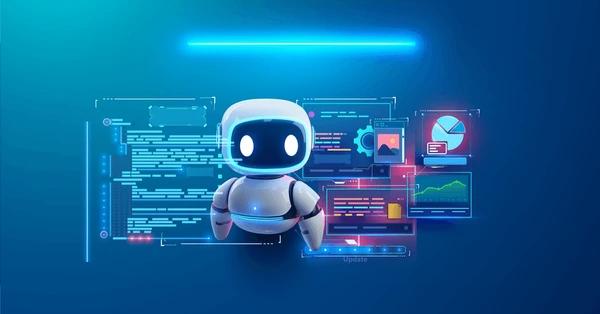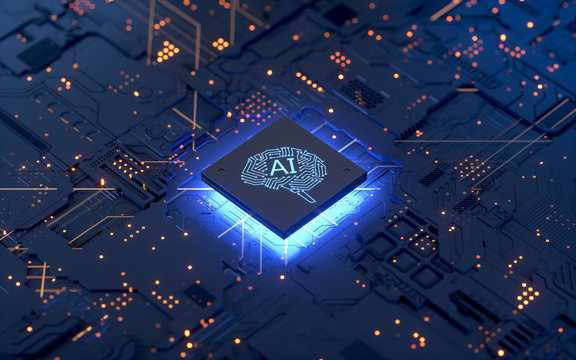
Understanding the Shift to Intelligent Customer Journeys
In the age of digital acceleration, customer expectations have dramatically evolved. Modern customers demand personalized, responsive, and seamless experiences across every touchpoint—from browsing and onboarding to support and loyalty programs. Businesses are increasingly relying on Artificial Intelligence (AI) to fulfill this demand. By automating end-to-end customer experiences, AI is revolutionizing the way organizations engage, convert, and retain their audiences.
For those keen to explore the capabilities of AI and its applications across various domains, enrolling in an AI course in Bangalore can offer the right foundation and exposure. As AI transforms how customer interactions are managed, understanding its real-world deployment becomes both valuable and necessary.
What is End-to-End Customer Experience?
End-to-end customer experience encompasses the complete journey a customer undertakes with a brand—from the initial interaction to the final resolution of their need or issue. This journey includes several stages: discovery, purchase, service, support, and loyalty. Managing this lifecycle traditionally required heavy human involvement and extensive manual processes. AI is changing that narrative by automating interactions, learning customer behavior, and making real-time decisions.
AI-Driven Touchpoints: A Closer Look
AI is now deeply embedded in every phase of the customer journey. Here’s how:
1. Discovery and Awareness
AI algorithms analyze customer preferences, social behavior, and search patterns to display highly relevant ads and content. AI-powered recommendation engines, like those used by Amazon and Netflix, are excellent examples of how personalized discovery is facilitated.
2. Engagement and Interaction
Chatbots and virtual assistants powered by Natural Language Processing (NLP) provide 24/7 support. These AI tools understand customer intent and respond with relevant information, reducing wait times and improving satisfaction.
3. Purchase and Decision-Making
AI helps customers navigate products and services more efficiently. Smart filters, personalized product suggestions, and predictive insights can all drive conversions by simplifying the buying process.
4. Post-Purchase Support
AI automates ticket routing, customer sentiment analysis, and even resolution workflows. Self-service platforms and intelligent knowledge bases empower users to solve issues independently.
5. Feedback and Loyalty
AI tools collect and analyze customer feedback across platforms. This real-time insight helps businesses tweak strategies and offer proactive support, thus fostering long-term relationships.
The Technology Behind the Experience
The seamlessness of AI-powered customer experiences relies on a variety of technical components:
Machine Learning (ML): Continuously learns from customer interactions to improve predictions and responses.
Natural Language Processing (NLP): Enables chatbots and voice assistants to interpret and respond to user queries naturally.
Computer Vision: Recognizes visual data and assists in applications like digital KYC, virtual try-ons, and image-based searches.
Predictive Analytics: Analyzes past customer behavior to forecast needs and personalize experiences.
A well-structured AI course often covers these technologies, equipping learners with the skillset needed to build, manage, and optimize such intelligent systems.
Why Businesses are Adopting AI for Customer Experience
There are several compelling reasons why AI is being widely adopted to enhance customer journeys:
Scalability: AI systems can handle thousands of interactions simultaneously without loss of quality.
Cost Efficiency: Automating support and routine queries reduces the need for large customer service teams.
Personalization: AI tailors experiences to individual customer needs, increasing engagement and retention.
Speed: Real-time data processing ensures that customer needs are addressed instantly.
Consistency: Unlike humans, AI doesn’t suffer from fatigue or mood fluctuations, ensuring consistent service delivery.
Case Studies of AI in Action
E-commerce Giants:
Brands like Flipkart and Amazon leverage AI to power everything from product recommendations to delivery route optimization. Their ability to personalize at scale is largely due to robust AI systems.
Banking and Finance:
HDFC Bank uses Eva, an AI chatbot, to assist customers with banking queries. It significantly reduces turnaround time and improves efficiency.
Telecom:
Jio and Airtel use AI to route support queries, upsell relevant plans, and analyze call data to improve service offerings.
For aspiring professionals aiming to work in such environments, an AI course can be the launchpad for roles in AI development, customer experience design, or data science.
Challenges in AI-Driven Automation
Despite its advantages, AI integration in customer experiences is not without challenges:
Data Privacy: Collecting and processing personal data can raise ethical and legal concerns.
Bias in Algorithms: Poorly trained models may produce biased outputs, leading to unfair treatment of certain customer segments.
Over-Reliance on Automation: Completely removing human agents can sometimes diminish empathy in sensitive interactions.
These issues highlight the need for ethical AI practices and skilled professionals who can oversee responsible AI deployment—topics often included in a good AI course.
Future Outlook: Hyper-Personalization and Sentient AI
The future of AI in customer experience lies in hyper-personalization—anticipating customer needs even before they arise. Sentient AI, capable of understanding complex emotions and intent, will soon make digital interactions almost indistinguishable from human ones. AI will evolve from being a support mechanism to a strategic pillar in customer relationship management.
Conclusion: The AI Advantage in Customer Experience
Artificial Intelligence is no longer a futuristic concept; it’s actively reshaping how businesses interact with customers. By automating processes, delivering personalized experiences, and enhancing service quality, AI is helping organizations build loyalty and drive growth. For professionals looking to contribute to this evolving landscape, an AI course in Bangalore offers a direct path to gaining the technical and strategic skills necessary to lead in this space.
As AI continues to mature, those equipped with practical knowledge and ethical insight will be best positioned to shape the customer experiences of tomorrow.






Write a comment ...